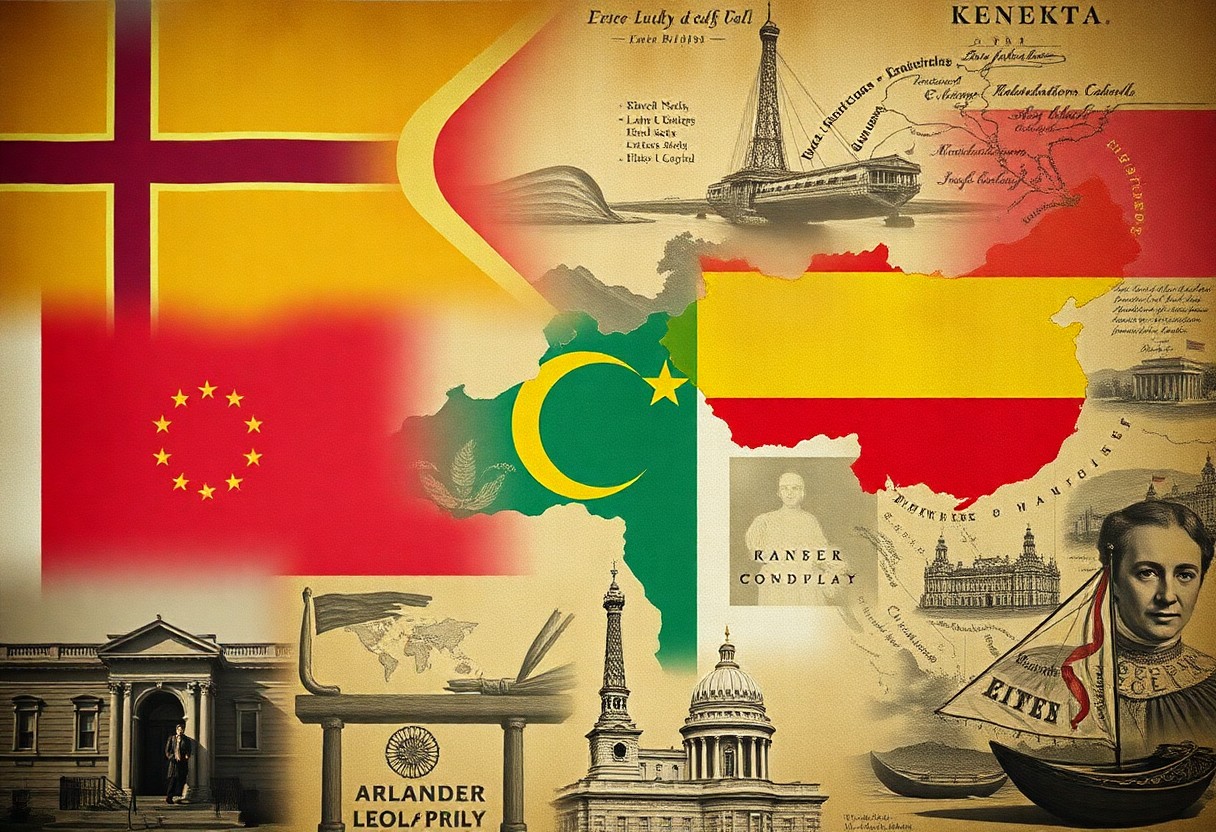It’s intriguing to think about the many nations that once thrived but have since faded from existence. History is filled with stories of countries that have vanished due to war, colonization, unification, or other political changes. As you explore these lost nations, you’ll gain a unique perspective on global history and the ever-evolving nature of borders and identities.
One of the most well-known examples is the Austro-Hungarian Empire. At its peak in the late 19th century, it was a major European power that included much of Central and Eastern Europe. However, following World War I, the empire disintegrated into several independent nations, such as Austria, Hungary, Czechoslovakia, and Yugoslavia. The collapse of this multi-ethnic state serves as a compelling reminder of how quickly empires can deteriorate.
You might also find it interesting to learn about the Kingdom of Prussia, which played a significant role in European politics for centuries. Prussia was a dominant state in what is now Germany, contributing to the unification of the country in the 19th century. However, after World War II, Prussia lost its political status and was divided among various nations, particularly Poland and Russia. The legacy of Prussia lingers on, influencing German culture and politics even today.
Another prominent example to consider is the Socialist Federal Republic of Yugoslavia, which existed from 1945 until its breakup in the 1990s. This multi-ethnic federation comprised several countries, including Serbia, Croatia, and Bosnia and Herzegovina. The violent wars during the breakup led to significant geopolitical changes in the Balkans. Today, you can visit each of these successor states, but there remains a shared history that many still reflect on.
The Republic of Texas is an interesting case from the Americas. This independent nation existed from 1836 to 1845 before joining the United States. The desire for independence was driven by a variety of factors, including cultural differences and a belief in self-governance. In modern times, this historical period is celebrated in Texan culture and often comes up in discussions about state vs. federal authority.
Sometimes, nations have vanished due to colonization, such as with many indigenous territories across North America and Australia. You might consider the various tribes and groups that once had autonomy but were absorbed into larger colonial powers, leaving their distinct identities at risk. Acknowledging the legacy of colonized nations can deepen your understanding of ongoing discussions surrounding indigenous rights and cultural preservation.
As you reflect on these lost nations, consider how their histories are woven into the fabric of modern countries. You might find that the remains of these forgotten places contribute to your understanding of contemporary political issues, cultural identities, and historical narratives around the world. By learning about nations that no longer exist, you gain insight not only into the past but also into the complexities of the present and future.









